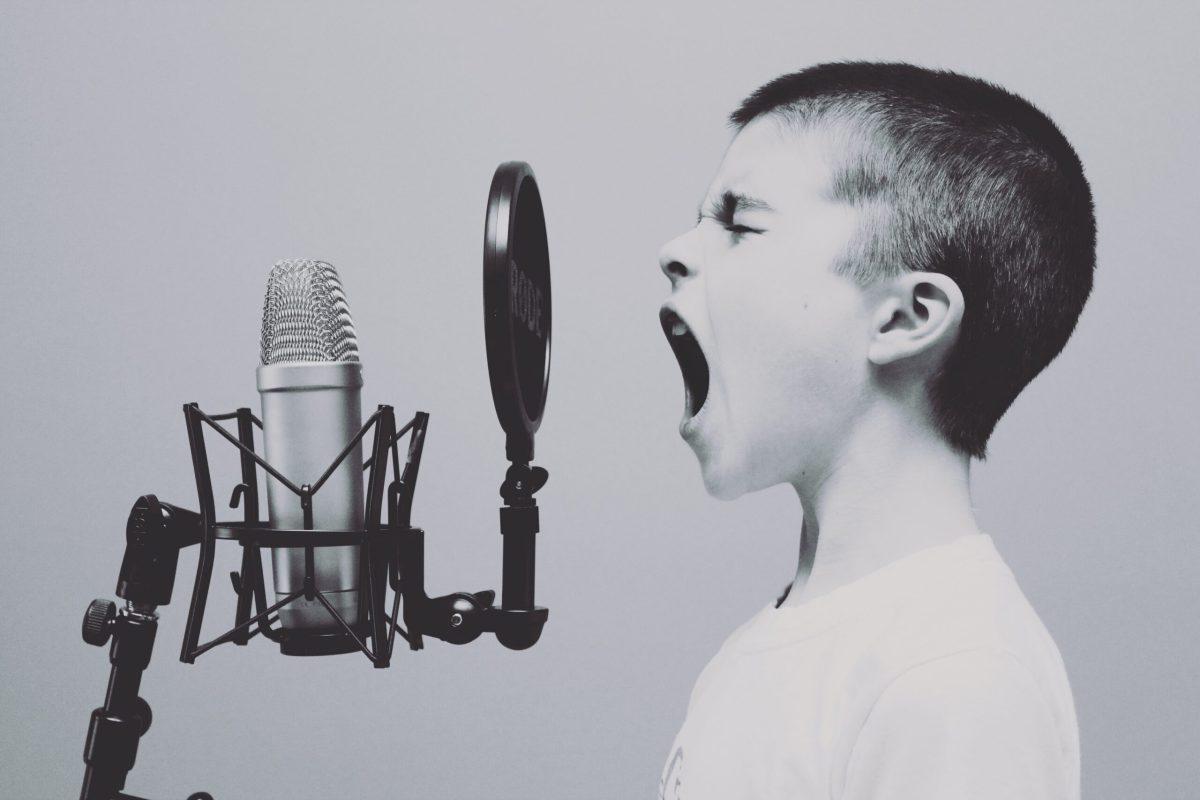Mental health is in the midst of an episode of destigmatization, becoming more normalized in discussions and encouraging people to open up about their experiences. Regardless of this progress though, therapy is far from a universal privilege, and those who need it often lack access to it.
But therapy can be found in the everyday world, taking time to step back from the business of life and reflect on one’s own mental state. For over 1.6 million Americans, according to the American Music Therapy Association, music serves as this mental refuge.
The power of music is something unmatched by any other phenomenon in life and should be used more frequently to treat mental health. The vulnerability in expression for the artist builds a connection with listeners, creating an art form that is both universally loved and uniquely cherished among individuals.
Writing lyrics for a melancholy chord progression is a coping mechanism for depression just as poetry or watercolor paintings. The opportunity for pouring one’s heart into a song allows emotion to serve not as an enthralling memory, but as a reminder to grow.
But even those who aren’t musicians are able to find expression and connection in the world of music.
Hearing a pop star belt out lyrics about their trashy ex-boyfriend can help someone get through a breakup just as a rapper discussing their episodes of childhood abuse can make another victim feel like they’re not alone.
There is a song for everything, all one has to do is find it. It’s why music appeals to such a niche but yet large area in everyday life. It scratches an itch that is left unsatisfied by any other form of therapy.
According to Harvard Health, music is motivation, it lessens anxiety, it amplifies emotions, and lastly, it decreases pain perception.
People need to utilize music as therapy more often, maybe not as an alternative to traditional therapy, but as an addition to it.
So next time you’re feeling stressed out or upset with life, don’t underestimate the power of putting on your favorite record and turning your AirPods up to full blast.















